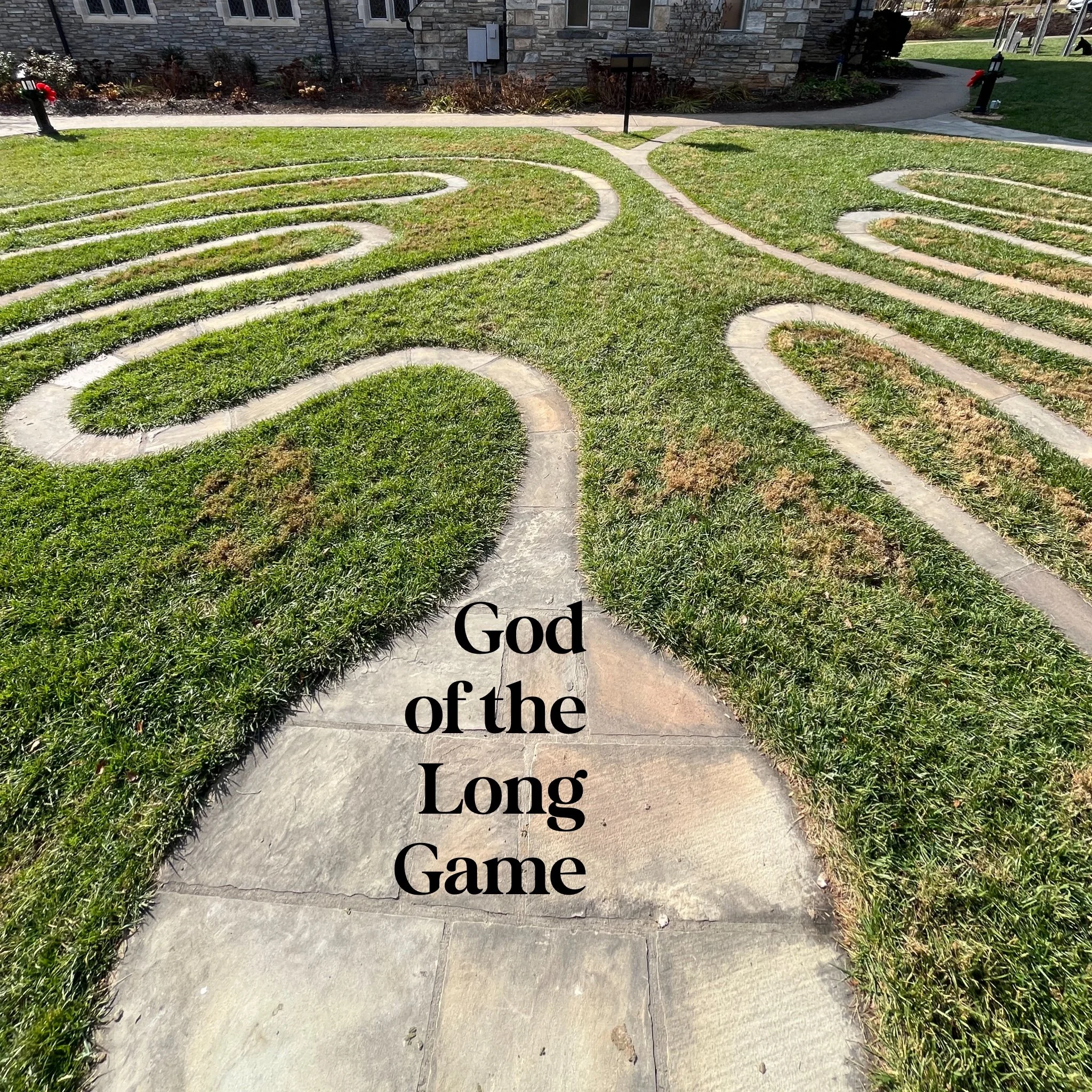A few years ago, I was sitting in the office where I worked. My dad was talking on the phone to a minister at a church that had come to our youth conferences for many years. I can tell from the tone of his voice when my dad is in a stressful conversation. If you didn’t know him that well you might not notice, but there’s a little catch to his voice. His responses take a split second longer. He hits the brakes on his sentences more often. When he hung up, I asked him what happened. The youth minister expressed concern over the fact that my sister was in seminary studying for the ministry. She didn’t even totally know to what she was being called, but she was exploring her calling in seminary. This was a problem for this individual. We haven’t seen his church since then. They decided to not come back.
Here’s the thing about Shari. She’s smart. She’s ridiculously talented. She plays the violin and sings beautifully. She’s funny. She loves God and loves other people. She has an enormous heart for missions: she wants to reach out to her community and beyond. She wants to help meet people’s need: spiritual, physical, relational. I think she is still trying to figure out what God wants her to do. She may or may not work in a church. She may or may not get ordained. Yet regardless of whether she has the title of minister, she will minister to scores of people. She already has.
But it is ridiculous to me that, should she believe that God is calling her to vocational ministry in a church, someone would say that calling is wrong. That her heart for God and people, that her studies in school and her work to pay for that education is not in the right place. If some of this sounds like a big brother being proud of his sister, that’s because I am ridiculously proud of Shari and I’ll be proud of her regardless of what she does.
But this is also about the fact that there are so many more women out there like my sister. They want to serve God with their lives and through their vocations, but they are told that they cannot. Their hearts, their talents, and their abilities are invalid because it is contained within the perceived wrong gender.
I believe that if a person is truly called then they should be encouraged as they pursue that calling. And I believed this even before I sat in the same room as that telephone conversation. I mean, it made sense growing up. Women taught our Sunday school classes. They served as children’s ministers and youth ministers. Sure some churches called them directors rather than ministers, but kids can see through that junk. What my mom and grandmother had to say about faith around the dinner table carried the same weight as what the men said. Why couldn't women be ministers?
Then I look at scripture. And I see that God created both male and female in God’s image.
I look at Genesis 3 and see that women’s subjugation to men was not by design but a consequence of the broken nature of sin. Thus if we truly believe that we become new creations in Christ, that Jesus points us back to how our relationships with God and each other can be whole, then it reasons that men and women would be equal.
I look at how Mary and Elizabeth are the ones that know what is truly going on in the Gospel of Luke while a male priest is literally dumbstruck with uncertainty. I remember how women were the first ones to proclaim the risen Jesus. How Paul commends women who lead in the early church.
I remember that Paul’s admonitions against women speaking in church were to a specific congregation within a specific context. I recall how in Galatians 3:28, he declares: “There is no longer Jew or Greek, there is no longer slave or free, there is no longer male and female; for all of you are one in Christ.”
I could talk a lot about scripture and context, but the thing that has convinced me the most over the years is Matthew 7:16-17: “You will know them by their fruits. Are grapes gathered from thorns, or figs from thistles? In the same way, every good tree bears good fruit, but the bad tree bears bad fruit.”
I believe God blesses the woman truly called into ministry because I have seen the good results of such ministries. I saw it for the last five years as Lisa served as one of our church’s pastors. I saw it as she and Dean alternated Sundays preaching and brought a fresh perspective to scripture. I saw it as she listened to, counseled, and encouraged people—myself included—at church and at the seminary where I attend. Both she and Dean brought life, hope, and God’s grace to our church.
I have seen it at the summer camp at which I worked at for so many years. Our staff was half female and they did everything the guys did. They taught Bible study, they helped lead in worship, the talked with students struggling through pain, questions, and doubts. They spoke Jesus into the lives of many. Though it was just a summer gig, I saw many females that would be great vocational ministers if they felt so called.
I've seen it in Bailey, a friend of mine that I've known since high school. I see it in her perseverance. Despite the heartache that serving in ministry has caused her, she still pursues it because she believes that she has been called to it. She loves and wants to serve the church.
I have seen it in the lives of my friends and classmates in seminary. I hear their incredible insight about scripture and theology. I see the passion with which they engage the issues of the church today. They preach sermons that stand toe-to-toe with the sermons the men preach. They go on to be pastors, youth ministers, missionaries, chaplains, and whatever else. They help women and men find God.
I believe women called should serve as ministers because I have seen God work through them in powerful ways. Yet in many places, they have to jump through more hoops, endure increased scrutiny and rejection, and prove themselves worthy of a calling they firmly believe comes from God. I’ve met many women who are far smarter, more compassionate, and more attuned to God than I am, but would have greater difficulty getting ordained than I would. This should not be the case.
In a world that needs the grace of God so desperately, why would we automatically eliminate over half the population from preaching that message? We are called to minister in our vocation; in the places in which God has gifted us. In fact, I would argue that our callings are equal. After all, as Paul said, we are one in Christ. When we make this special stipulation for ordained ministers, we are elevating them above all else.
So if someone is called to be a teacher, let them teach. If someone is called to be an engineer, let them engineer. If someone is called to be a stay at home parent, let them raise their kids in a home full of love. If someone is called to be a preacher, let them preach.
My hope is this: That those who believe that God calls them to ministry as a vocation—whether they be female, male, shy introverts, charismatic extraverts, whatever socioeconomic status, whatever race—would experience the love, the support, and the constructive challenging of Christians that would raise them up into being the kind of ministers that this world needs. I pray that for my sister and many more.







